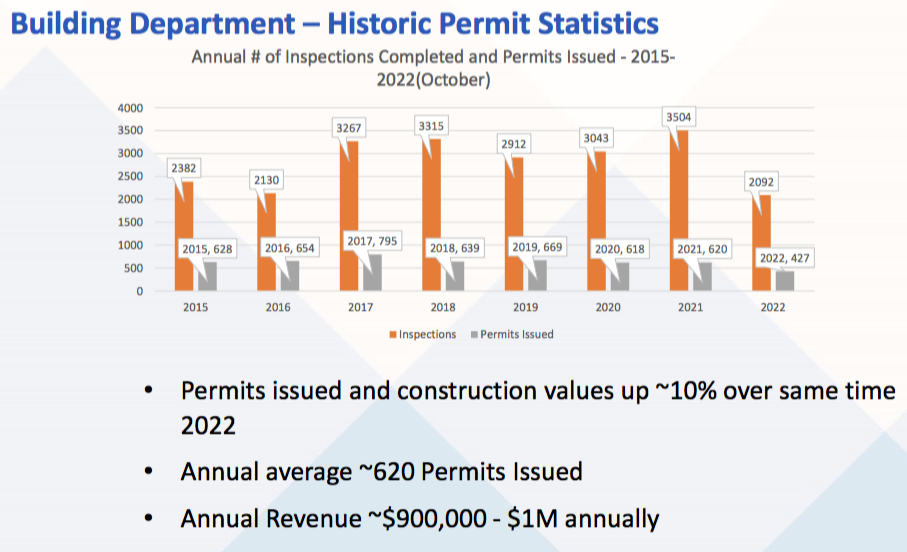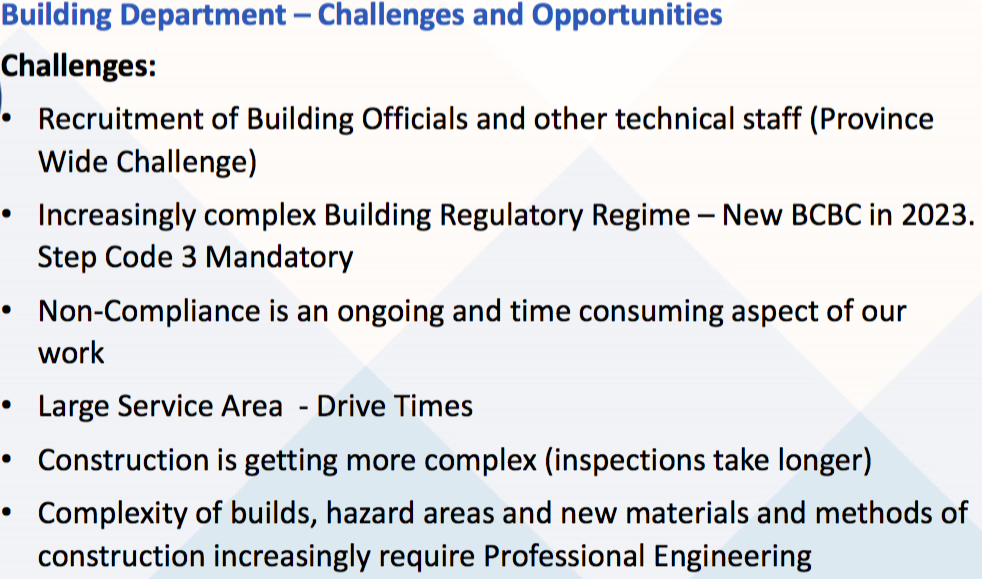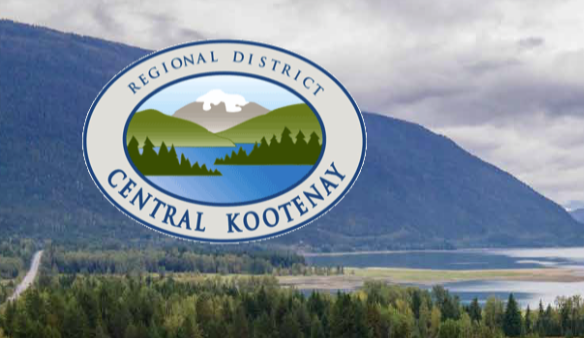Building fees to increase in regional district to help reduce taxation
The regional district is looking to take a bigger bite out of the construction industry in the rural areas.
An amendment to the Building Bylaw in the Regional District of Central Kootenay (RDCK) as it relates to new construction is expected to take the pressure off of resident’s taxation and move more of the costs to the building sector.
“This update to the building fees will provide a better balance between fee and tax funding by providing greater revenue generation from increased fees,” noted RDCK building manager Chris Gainham in a report to the RDCK board of directors.
The additional revenue will assist in funding staff and “providing timely service with respect to permit issuance and administration.”
Although the Building Department services are currently funded from permit fees and taxation,
The amended building fees were updated based on industry standards and in comparison with other local governments.
The new structure to determine construction cost leverages “representative examples of actual residential permit applications to the RDCK in the past year, provides an accurate, up-to-date and geographically representative approach to determining building costs to compare against the value of work provided by owners, or as a substitute when no value is declared.”
Summary of valuation
- The basic fee for construction values between $1 to $1,000 increased from $50 to $100, while the fee of $10.50 per $1,000, or portion thereof, remains unchanged from 2010.
- The average value for basic category buildings is $195 per square foot (psf) and replaces the current bylaw values of $100 to $150 psf that is currently applied to “low quality” to “fair/average quality” buildings.
- The “low quality” category has been removed from the bylaw.
- The average per square foot values determined from the RDCK staff analysis for market category buildings is $280 psf, and this value replaces the current bylaw value of $150. psf.
- Custom homes — valuation of these homes will be completed via a valuation calculation on a case-by-case basis.
Source: RDCK Nov. 16 agenda

The bylaw changes apply to the rural areas of the RDCK, as well as the villages of Kaslo, Nakusp, Salmo, Slocan, Silverton and New Denver, who are part of the RDCK Building Inspection services.
Gainham said the new fee structure provides an accurate method to determine construction costs for comparison against declared costs, and the ability to “charge fees accurately, consistently and fairly to clients while ensuring that the permit fees charged align with the cost of providing the service.”
However, the way the value of the permit fee is calculated — 1.05 per cent of the construction value over $1,000 — remains unchanged from the 2010 bylaw.
For complex buildings — typically commercial, institutional and industrial uses — where the estimated value of construction exceeds $1 million, the owner would be required to engage a professional quantity surveyor to submit a sealed initial budget review, and this value would be used to determine the permit fee.
The RDCK staff are expected to continue to review of fees related to other aspects of the service, including fees for accessory buildings, carports and mobile homes.
The new fee structure will take effect on Feb. 1, 2024.


























